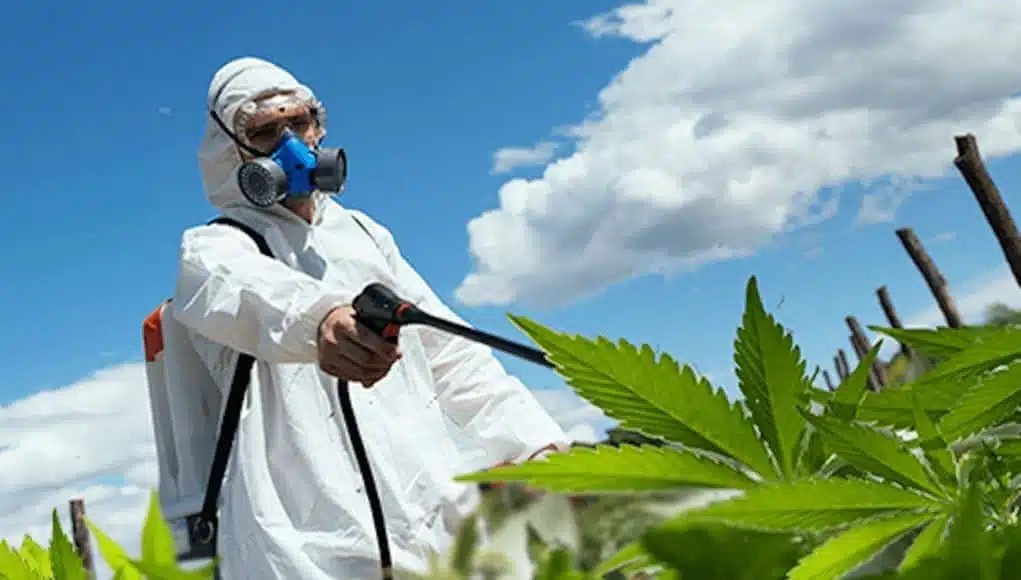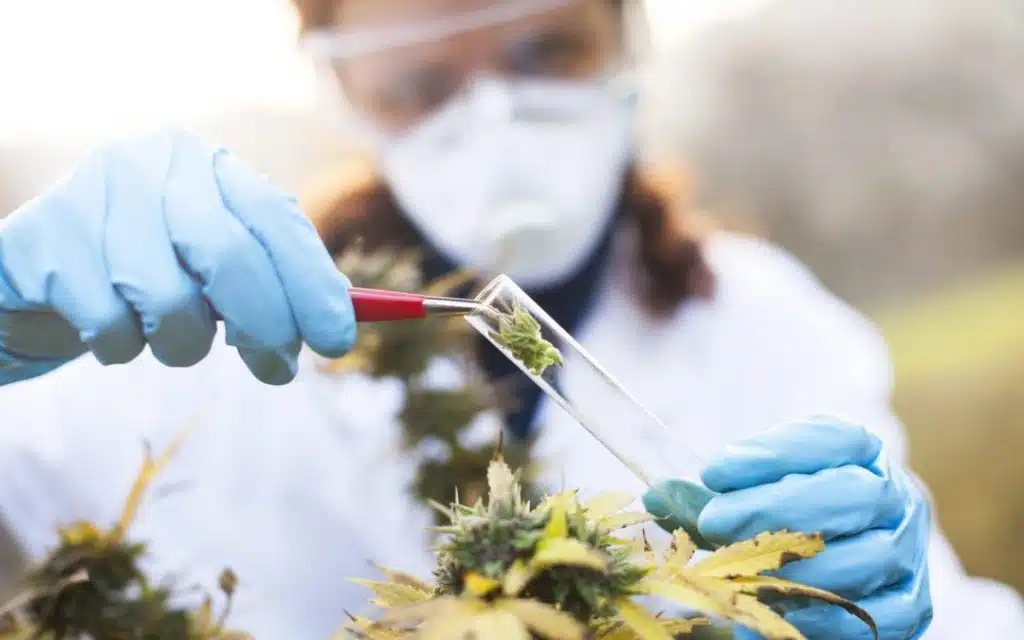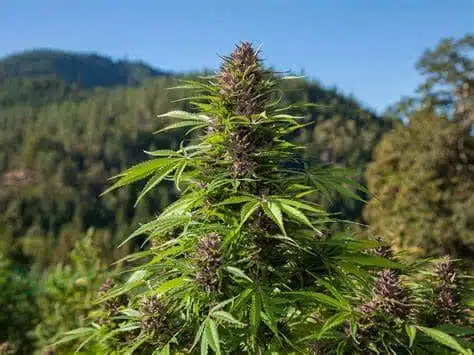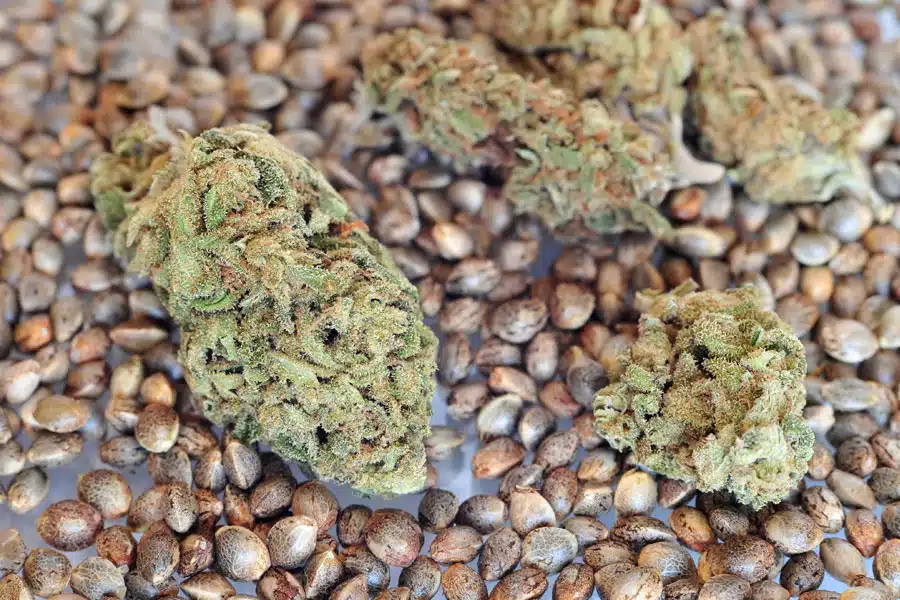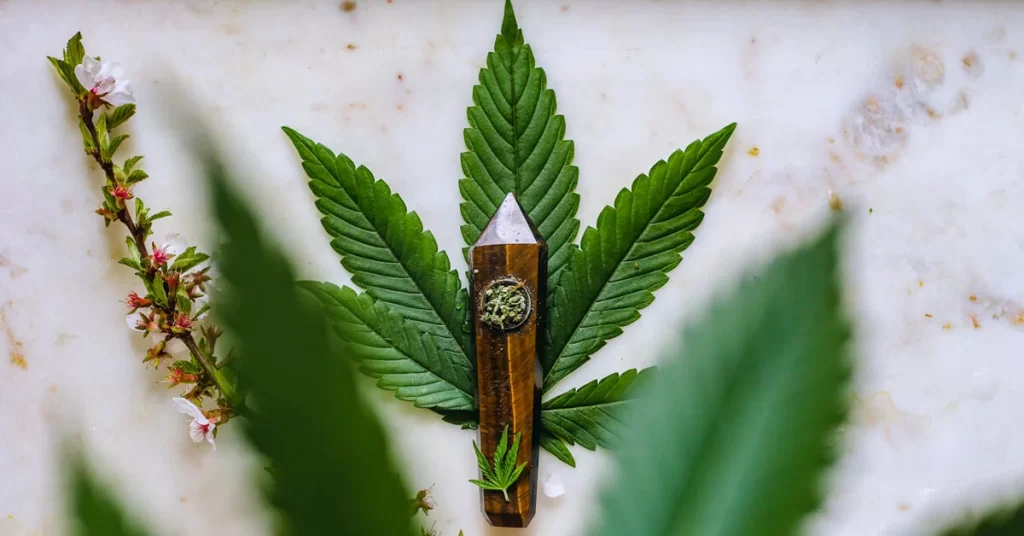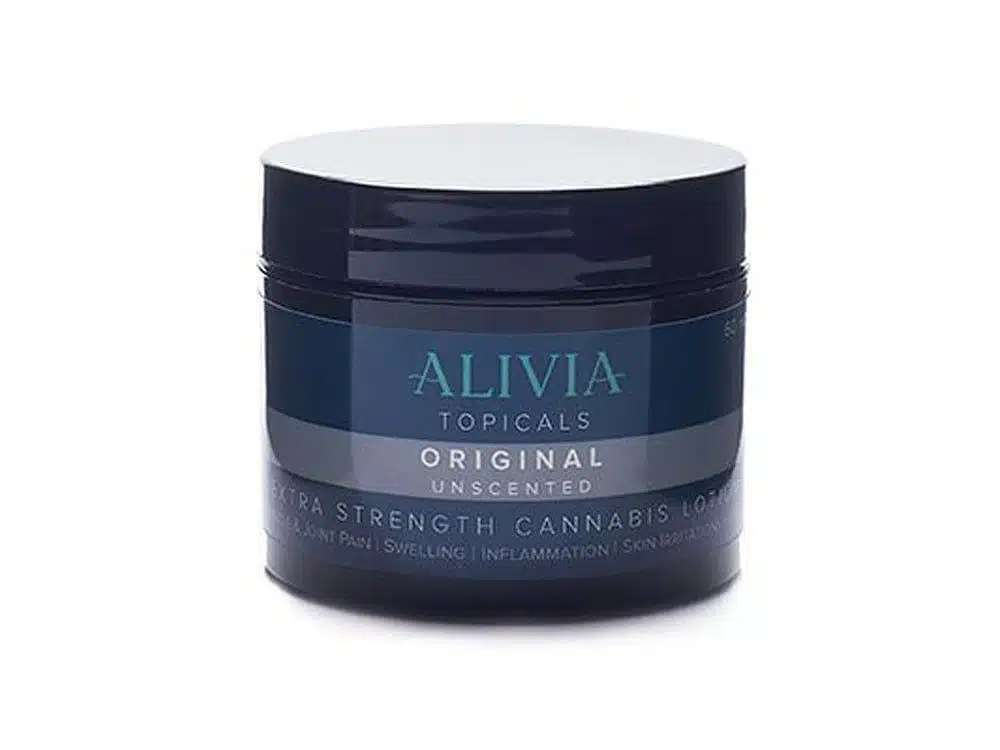Effects Of Pesticides On Marijuana: Understanding the Risks
Marijuana cultivation has been growing in popularity over the years, with more and more people turning to it for its medicinal and recreational benefits. However, with the increased demand for marijuana, there has also been an increase in the use of pesticides to protect the crops from pests and diseases. While pesticides may be effective in ensuring a healthy crop, they also pose a significant risk to consumers, particularly when not used correctly. In this article, we’ll take a closer look at the risks associated with pesticides in marijuana cultivation, and how you can protect yourself. Marijuana cultivation requires careful attention to detail, and one of the critical aspects of this process is managing pests and diseases. Pesticides are often used to protect marijuana plants from pests and diseases that can harm their growth and yield. However, the use of pesticides in marijuana cultivation can have unintended consequences that can negatively affect human health and the environment.
The Risks of Pesticides in Marijuana Cultivation
The risks associated with pesticide exposure depend on the type and amount of pesticide used, the frequency of use, and the method of application. Some pesticides can cause acute poisoning, while others can have long-term health effects, including cancer, reproductive and developmental problems, and damage to the nervous system.
Pesticides are chemicals used to kill or control pests, and they come in various forms, including insecticides, herbicides, and fungicides. While these chemicals may be effective in keeping pests and diseases at bay, they also pose a significant risk to human health when not used correctly. When cannabis plants are exposed to pesticides, these chemicals can accumulate in the buds, leaves, and stems, and eventually make their way into the final product consumed by the user. Here are some of the risks associated with pesticide exposure in marijuana:
Health Risks
Exposure to pesticides in marijuana can cause a wide range of health problems, including respiratory problems, nausea, headaches, and dizziness. Prolonged exposure to pesticides can also lead to more severe health issues, such as cancer and neurological disorders. It is essential to be aware of the types of pesticides used in marijuana cultivation and their potential health effects to protect yourself.
Environmental Risks
Pesticides used in marijuana cultivation can also have severe environmental consequences. When these chemicals are applied to plants, they can seep into the soil, groundwater, and nearby waterways, contaminating the ecosystem. This can lead to the death of beneficial insects and animals, and even impact human health when the contaminated water is used for drinking or irrigation.
Best Practices for Marijuana Cultivation
To protect yourself from the risks associated with pesticides in marijuana cultivation, it is essential to follow best practices. Here are some tips to ensure that you are using safe and healthy marijuana products:
Use Organic Pesticides
One of the best ways to ensure that your marijuana is pesticide-free is to use organic pesticides. Organic pesticides are made from natural ingredients, such as neem oil, and are considered safe for human consumption. While they may not be as effective as synthetic pesticides, they are still an excellent alternative for those who want to avoid exposure to harmful chemicals.
Choose a Reputable Dispensary
When buying marijuana, it is essential to choose a reputable dispensary that sources its products from reputable growers. A good dispensary should be transparent about its sources and be able to provide information on the types of pesticides used in cultivation.
Know the Types of Pesticides Used
It is crucial to be aware of the types of pesticides used in marijuana cultivation and their potential health effects. Some of the most common pesticides used in marijuana include pyrethrins, neonicotinoids, and carbamates, all of which have been linked to adverse health effects.
Understand the Cultivation Process
Understanding the cultivation process can also help you make informed decisions about the marijuana you consume. Ask your dispensary about the grower’s cultivation practices, including the types of pesticides used and their application methods. Also, be aware of the signs of pesticide contamination, such as discoloration or a foul smell.
Check for Pesticide Residue
Finally, it is essential to check for pesticide residue in your marijuana products. There are several testing methods available that can detect the presence of pesticides, such as gas chromatography-mass spectrometry (GC-MS) and liquid chromatography-mass spectrometry (LC-MS). Ask your dispensary if they test their products for pesticide residue, and choose products that have been verified as pesticide-free.
Conclusion
While pesticides may be necessary for ensuring a healthy crop, they also pose a significant risk to human health and the environment. As a consumer, it is essential to be aware of the types of pesticides used in marijuana cultivation and their potential health effects. By following best practices and choosing safe and healthy marijuana products, you can protect yourself from the risks associated with pesticide exposure.
Remember to choose a reputable dispensary like West Coast Releaf Online Dispensary for all your marijuana needs. From buds to concentrates, edibles to tinctures, and vapes to moon rocks, they offer a wide range of high-quality products that are guaranteed to be pesticide-free. With their reliable delivery and mail order marijuana services, you can enjoy safe and healthy marijuana products from the comfort of your home. So, whether you’re in BC or anywhere in Canada, visit West Coast Releaf Online Dispensary today and experience the best of cannabis! If you are interested in buying weed online and THC products, check out West Coast Releaf online weed dispensary and shop for your weed online and cannabis products at westcoastreleaf.co!

